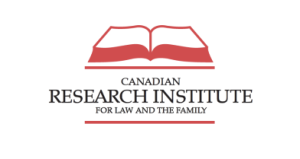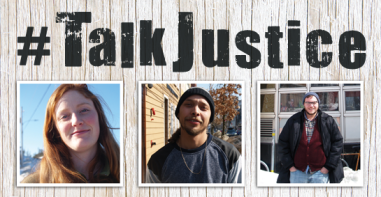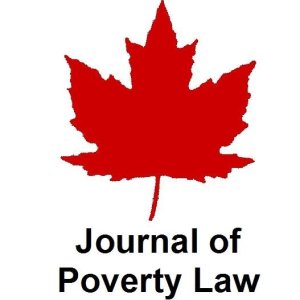Since its inception in 2013, the Family Justice System Reform initiative has brought together over 200 organizations and individuals committed to improving Alberta’s family justice environment.
The overall aim of the initiative is to create a system that is “open, responsive, cost-effective and will put the needs of children and families first while assisting families with the early and final resolution of disputes.”
To find out more, or to become a part of the initiative, you can visit their site here.






